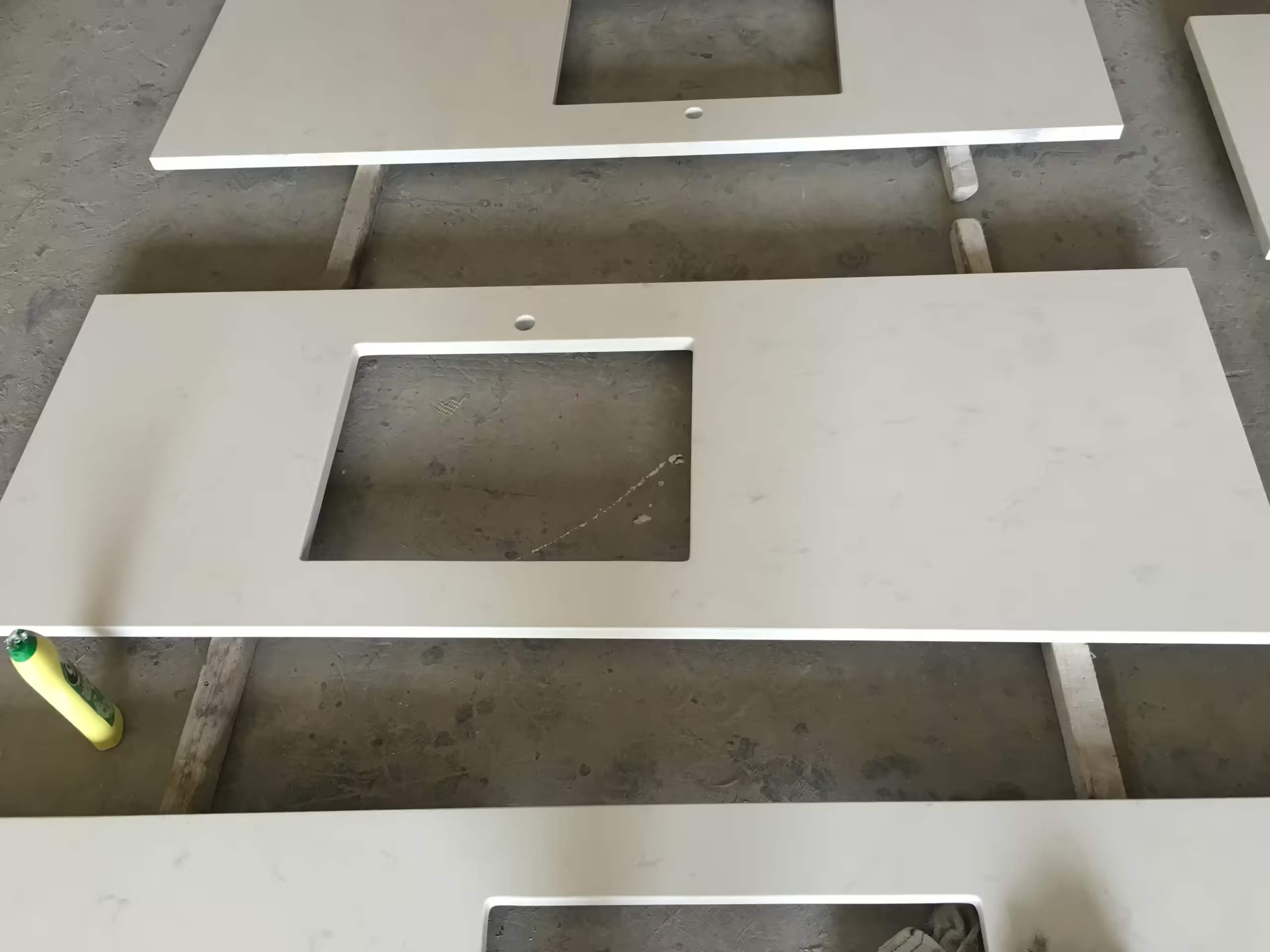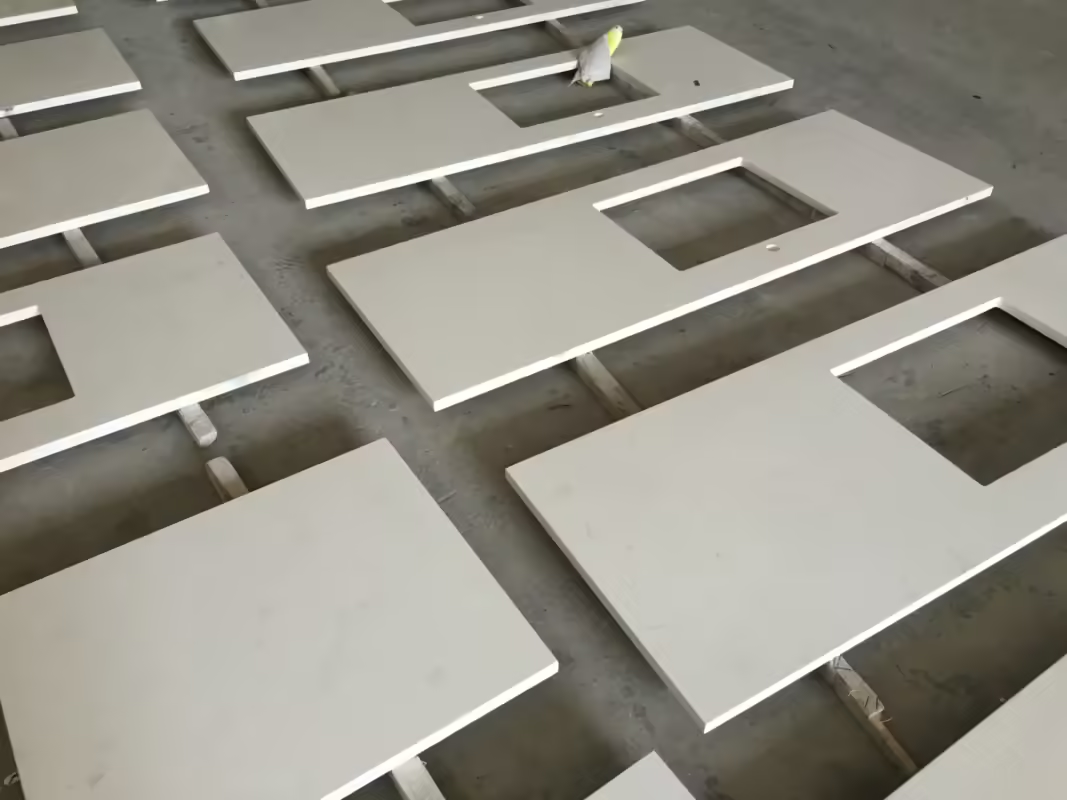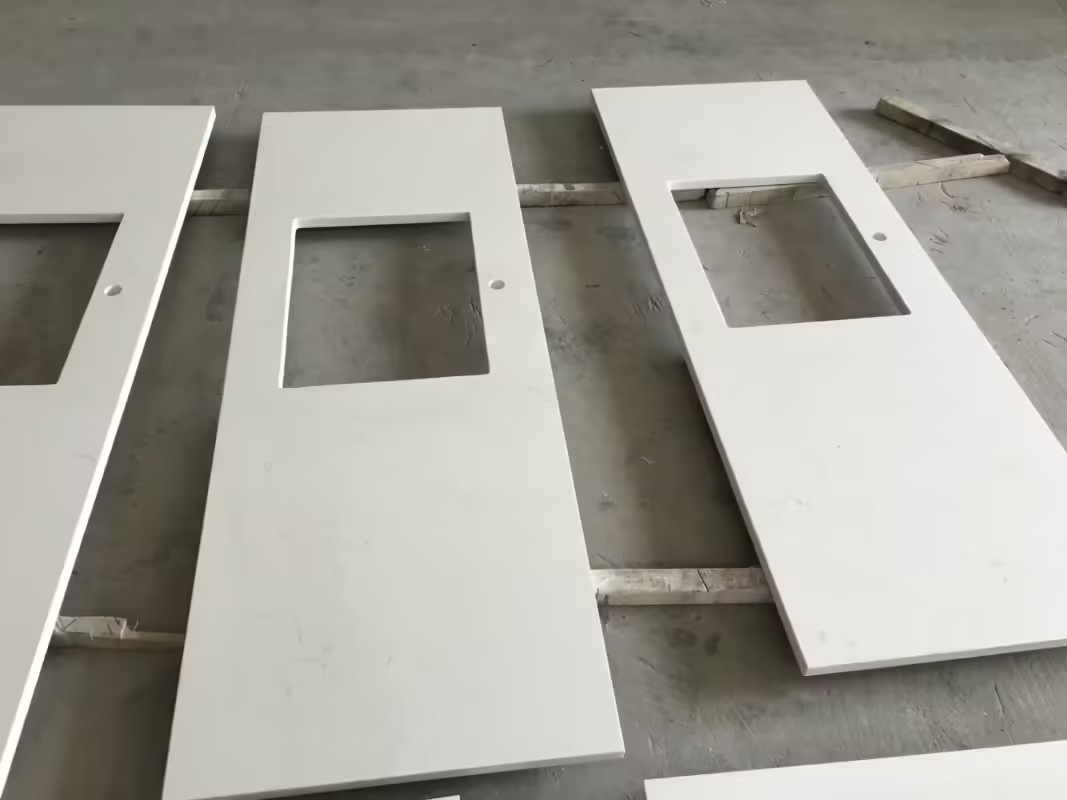Blog
Understanding the Costs of Quartz Stone: A Detailed Breakdown

When planning to purchase quartz stone, it’s crucial to understand the various costs involved in selecting this popular material. Quartz stone, known for its durability and aesthetic appeal, includes several cost factors from material procurement to final installation. Here’s a comprehensive breakdown:

- Material Costs: The bulk of the expense comes from the quartz stone itself. The price can vary significantly based on the quality, color, and pattern of the quartz. Rare colors and patterns generally carry a higher price tag.
- Fabrication Costs: Once you select your quartz, the slab must be custom fabricated to fit your specific project dimensions. This process includes cutting, edging, and finishing the stone. Costs here depend on the complexity of the job and the finishing details such as edging styles and number of cutouts (e.g., for sinks, faucets).
- Installation Costs: Professional installation is recommended due to the weight and handling complexity of quartz stone. Installation costs can vary based on geographic location, the difficulty of the job, and the installer’s experience.
- Transportation Costs: Depending on where the quartz is sourced and where it needs to be delivered, transportation can add a significant amount to the overall cost. Importing quartz from overseas is generally more expensive due to shipping and handling fees.
- Additional Supplies: Installing quartz countertops may require additional materials such as adhesives, sealants, and underlays, which should also be factored into the overall cost.

Understanding these cost components will help you anticipate the total investment required for incorporating quartz stone into your project, ensuring there are no surprises along the way.